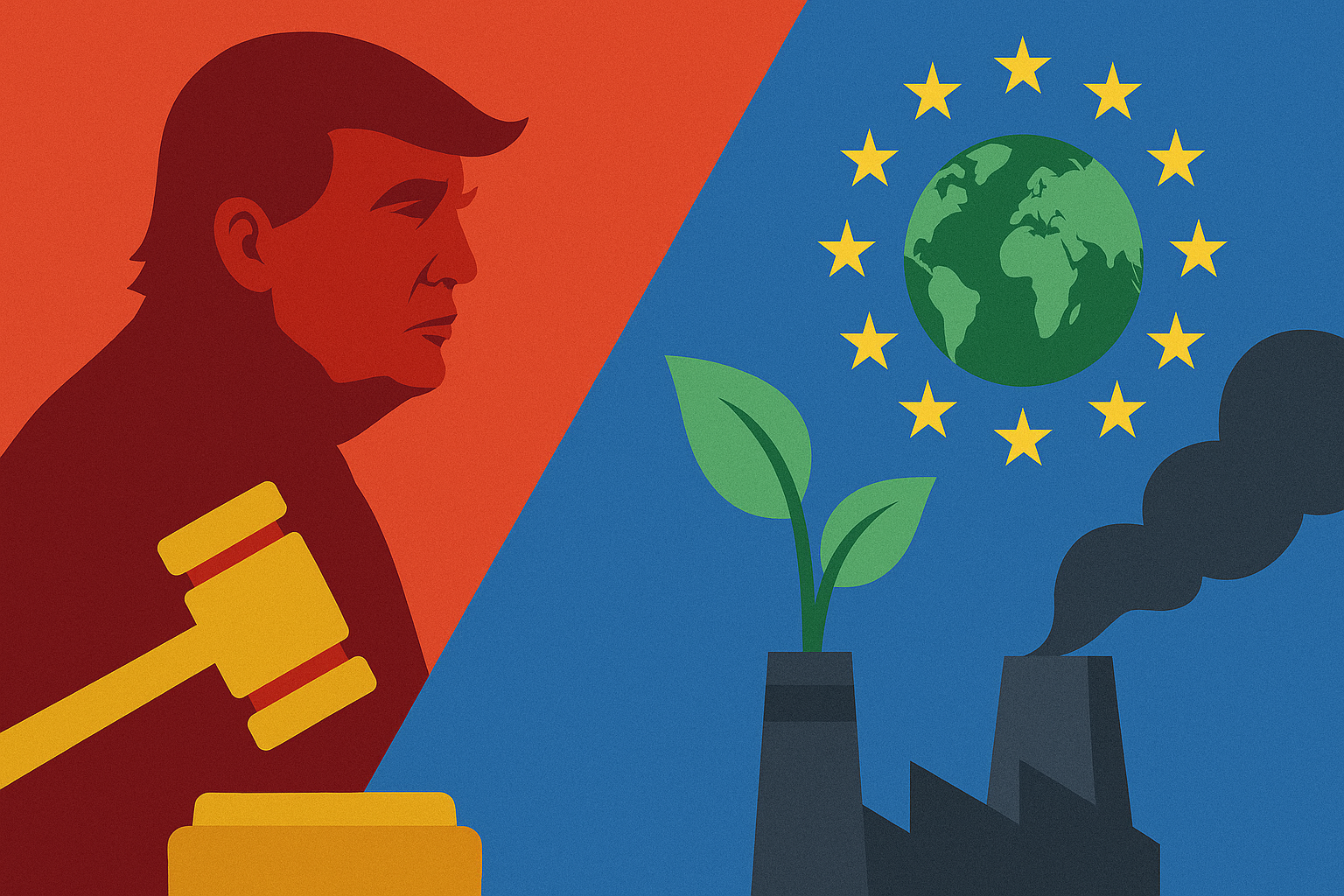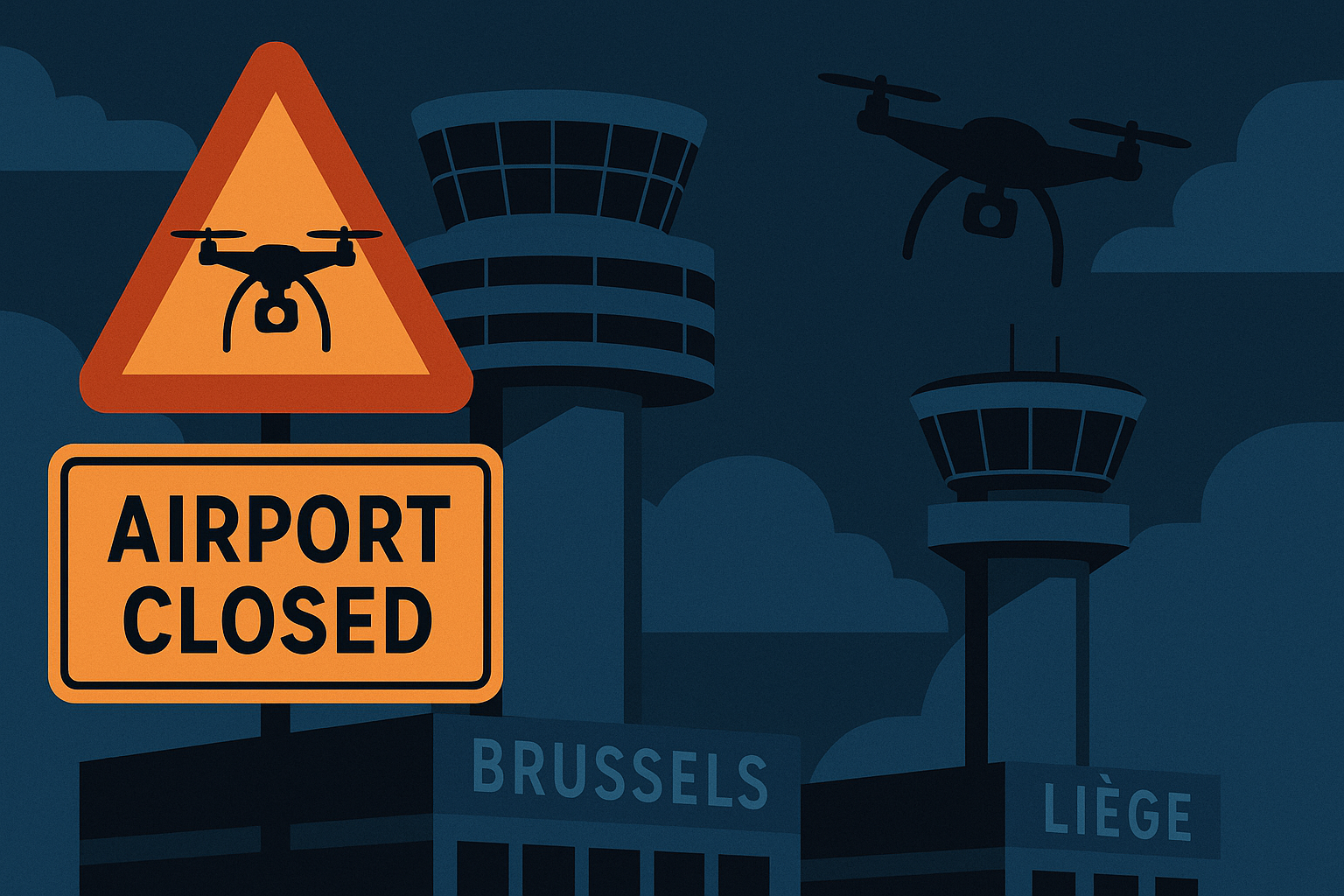The upcoming COP30 climate summit in Brazil is being overshadowed by tensions surrounding U.S. President Donald Trump’s renewed withdrawal from the Paris Agreement and what diplomats are calling a campaign of “retributive diplomacy” — a strategy that could undermine global climate cooperation.
Concerns Over U.S. Influence and Disruption
Delegates attending preparatory meetings for the summit in Belém, at the edge of the Amazon rainforest, say there is growing unease about how the Trump administration might pressure other countries to abandon or water down their commitments to the Paris climate accord.
One climate envoy described the atmosphere as anxious:
“There’s a jangling of nerves so people imagine the worst. Those who don’t support the Paris Agreement could, through the dark arts of social media, distort the narrative and interfere with messages of hope or progress coming out of the COP.”
Trump’s administration has already displayed what diplomats characterize as aggressive tactics. At recent international forums, U.S. negotiators reportedly used personal threats and obstructionist strategies to derail agreements — including a global shipping emissions deal last month, where the U.S. opposed a proposed carbon levy and was accused of “bullyboy” behaviour.
Allies and Opposition
Diplomatic sources warn that Washington’s petrostate allies may attempt to stall the Brazil summit, particularly on the contentious issue of climate finance for developing nations — a central pillar of UN climate negotiations.
Jacob Werksman, the EU’s chief negotiator for COP30, acknowledged the challenges ahead:
“It will require a COP of grim determination at this particular moment in geopolitics.”
While not naming the U.S. directly, Werksman referred to a “strong counter-narrative” emanating from parts of the world where climate change is dismissed as a hoax and the energy transition is portrayed as an economic threat rather than an opportunity.
Trump’s Climate Stance
Despite overseeing one of the world’s largest emitters — the U.S. accounts for roughly 10% of global annual emissions — Trump has made his position clear. In a post on his Truth Social platform, he declared:
“I (WE!) just won the War on the Climate Change Hoax.”
The message came in response to comments by Bill Gates, who recently urged the UN to refocus from “doomsday” climate targets toward initiatives that alleviate poverty and fund healthcare and vaccines.
The White House has confirmed that no senior U.S. officials will attend COP30, dismissing it as a meeting about “vague climate goals.” However, lower-level American representatives are expected to participate in some discussions.
High-Level Attendance from Other Nations
In contrast, several world leaders will make the trip to Brazil, underscoring continued international engagement despite Washington’s absence.
Among those attending the preliminary leaders’ gathering are:
- UK Prime Minister Keir Starmer
- Prince William
- European Commission President Ursula von der Leyen
- French President Emmanuel Macron
- German Chancellor Friedrich Merz
China will send Vice-Premier Ding Xuexiang, while India has confirmed active participation in preparatory sessions.
Brazil’s Optimism Amid Challenges
Despite fears of disruption, the Brazilian presidency of COP30 remains optimistic. Túlio Andrade, the summit’s Chief Strategy and Alignment Officer, said that although the political context is challenging, participation from major economies like China and India remains strong.
“We’ve seen very high-level engagement in preparatory meetings,” Andrade noted, adding that the U.S. posture may actually motivate others to reaffirm their climate commitments.
He pointed to lessons from the failed International Maritime Organization (IMO) talks, where U.S. obstructionism galvanized other nations to seek broader cooperation.
“We will need to engage all parties in a way that shows the attractiveness of climate engagement,” he said.
A Test of Global Climate Leadership
As COP30 approaches, the stakes are high. The summit will test whether the world’s leading economies — fractured by geopolitical rivalries and shifting alliances — can sustain the momentum of the Paris Agreement and chart a path toward meaningful emissions reductions.
With the U.S. absent from top-level discussions and climate diplomacy under strain, Brazil’s conference may become a pivotal moment — not only for climate policy, but for the credibility of global cooperation in an era of renewed American isolationism.








